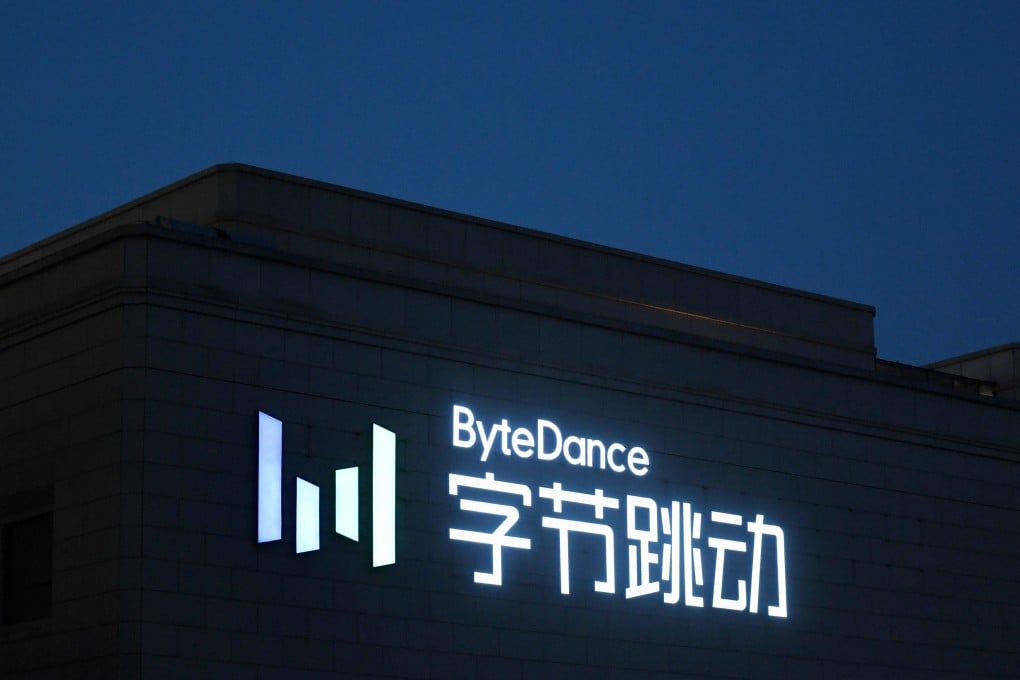TikTok owner ByteDance hiring AI chip designers amid China’s tech self-sufficiency drive
- The company has posted several chip-related jobs on its hiring website, most based in Beijing and Shanghai
- The ByteDance move comes amid a global chip shortage, which began in the second half of last year but has worsened in recent months

Beijing-based ByteDance, the owner of TikTok, said on Tuesday it was “building a team” to develop artificial intelligence (AI) chips, a move that aligns with the Chinese government’s push for self-sufficiency in semiconductors amid a global shortage of components and an ongoing tech war with the US.
The company has posted several chip-related jobs on its hiring website, most based in Beijing and Shanghai. Many of the positions are focused on chip design, with one job description asking for candidates with experience in chip design servers and electronic design automatic (EDA) tools, the software used for designing advanced chips.
“We are building our [chip] team, and will explore [business opportunities] in the AI chip area,” the company said in a statement on Tuesday.
The most common type of AI chip is the graphics processing unit (GPU), which is used for “training” AI algorithms, while field-programmable gate arrays (FPGAs) and application-specific integrated circuits (ASICs) are used to apply trained AI algorithms to real-world data inputs.
Like most tech companies that venture into chip products, successful designing its own AI chips would still require ByteDance to outsource the manufacturing to independent wafer foundries like Taiwan Semiconductor Manufacturing Co (TSMC) and China’s own Semiconductor Manufacturing International Corp (SMIC), which invest billions of US dollars each year in manufacturing equipment to stay at the forefront of the technology.
The ByteDance move comes amid a global chip shortage, which began in the second half of last year but has worsened in recent months. Capacity at foundries like TSMC are stretched as they struggle to cope with demand from carmakers and consumer electronics firms that experienced a sharp uptick in sales amid signs the Covid-19 pandemic is easing and more economies are reopening.